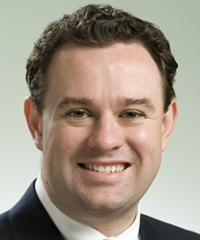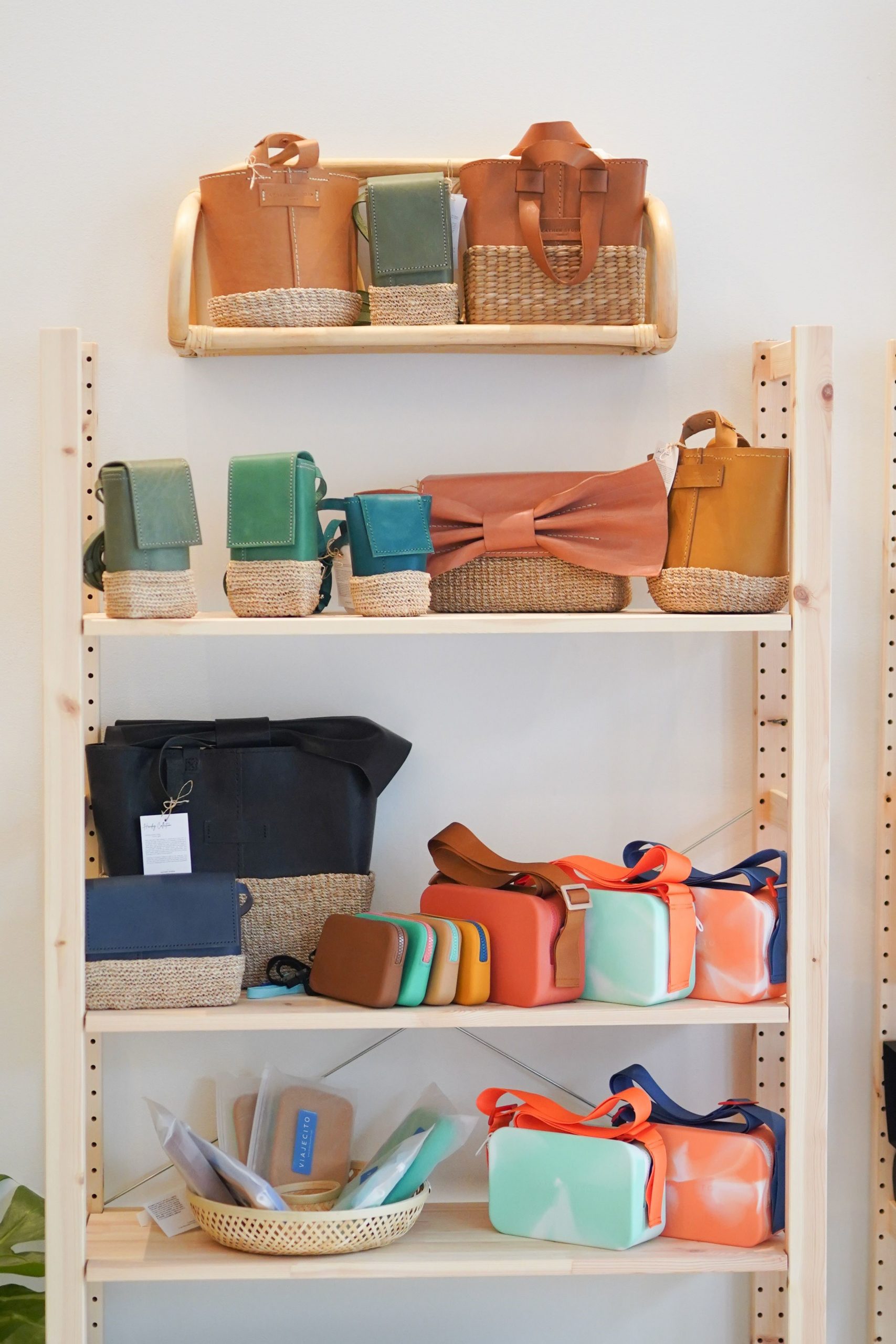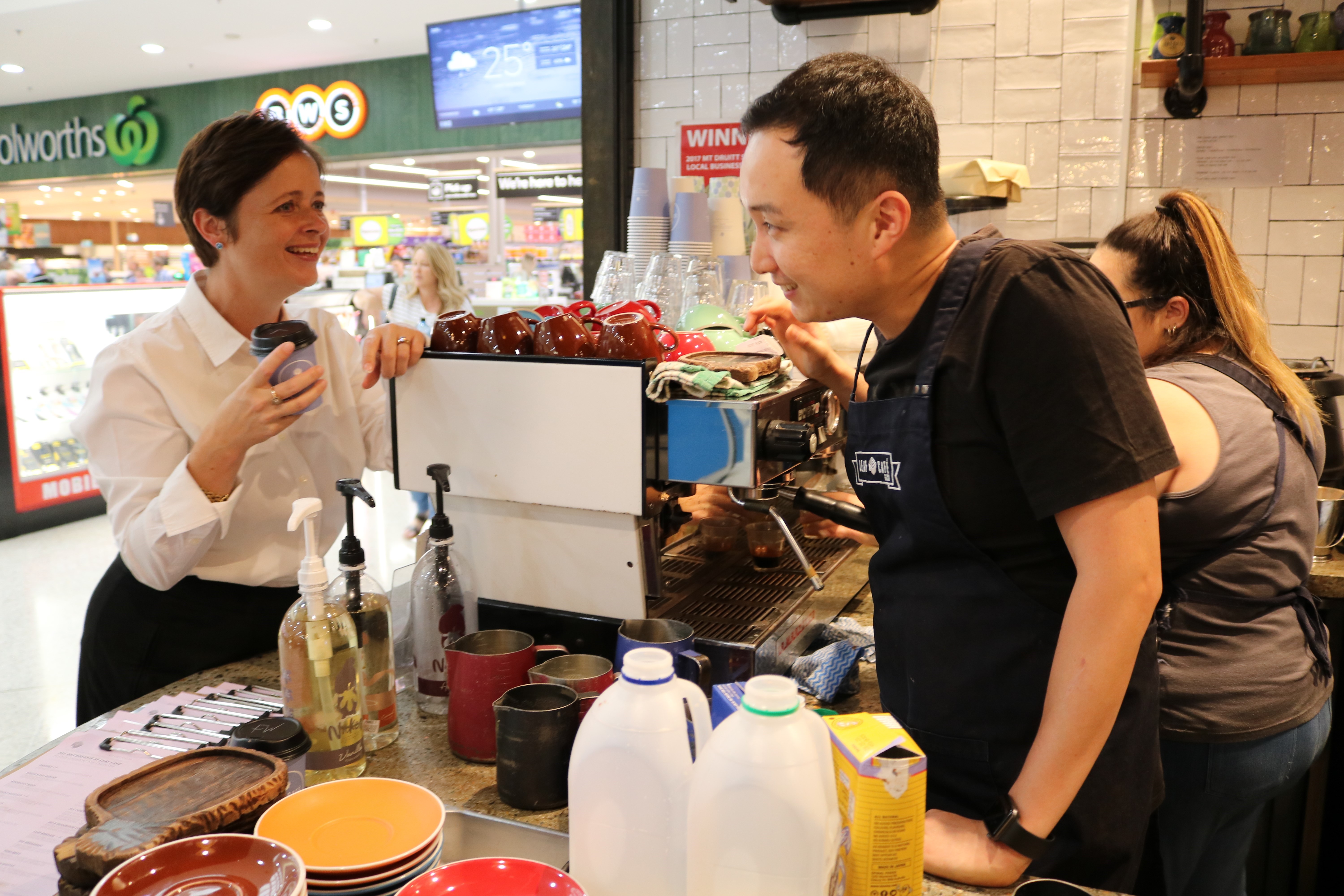THE INCREASING preva-lence of medical missions in the Philippines initiated by overseas Filipinos might not be a good idea as they encourage a growing mendicancy among the poor , said Filipina medico and University of Sydney lecturer on international public health Dr.GisseleManalo.
At other times, said Dr.Manalo, they become vehicle for publicity and self-promotion by local politicians. A former family physician specialising on community public health in Mindanao, DrManalo has been with the University of Sydney for close to 10 years now and now works as vice-dean of the university’s medical school. She comes from a family of doctors. Her parents are both doctors educated in the University of the Philippines In Diliman, Q.C. who later moved to Mindanao. Dr Manalo also has three siblings who are all physicians.
Dr.Manalo is a resource person and associated with the recently established Sydney Southeast Asian Centre or SSEAC, a multi-discipline research body which covers public health, among other fields, focusing on Southeast Asia. Her expertise is inter-national public health.
Medical missions or “mission impact trips” are popular charitable project among overseas Filipinos who spend holiday in the Philip-pines and at the same time help in medical outreach in poor areas, which extends free health and dental check ups, medicines and even meals.
Dr.Manalo said a better model for public health is for individuals to own up res-ponsibilities for their own health through the assistance of local public health nurses and doctors. Nowadays, many in the poor communities had developed reliance on medical missions for check ups and tips about their personal health.
One Christian church in Western Sydney which had sent about four medical missions in the past recently changed its charity work to another way. The church has invested in Gawad Kalinga housing project for the poor. Donors can still travel to the Philippines and join in actual building of dwelling units in together with local volunteers and the owner-beneficiary themselves.
THE SUCCESS of the Philippine national football team otherwise known as AZCAL , short for Asong Kalye (street dog) might have influenced two other football codes in Australia to introduce and promote their game in the Philippines. The Philippine Rugby Football Union or PRFU which was thought of first in Australia has already staged rugby union matches in the country.
It has also formed the core national team now Volcanoes which had competed in several Asian competitions. Some of Filipino-Australian PRFU players have become some sort of sports celebrities in Manila like the now famous AZKAL football players, mostly from England and Europe.
Meanwhile representatives of rugby league in Australia has set up recently the Philip-pine National Rugby League or PNRL which have created local NRL teams. The PNRL national team Tamaraws is composed of Filipino players and Filipino-Australians. Recently theTamaraws had good win over other Asian teams in an NRL competition at Cabramatta Park in Western Sydney.
It’s a different story in the sports of basketball which is the favourite of Filipinos. There are many small com-munity league Filipino basket-ball players in most Australian state capital cities, but no basketball player of Filipino descent has played yet in the National Basketball League or NBL. Perhaps, a basketball Azcal might eventually make it to NBL.
IN A RECENT press con-ference, Basketball NSW CEO Mr Daniel Hernandez an-nounced that a strong Philip-pine basketball team is touring Sydney by January next year. Mr Hernandez also met with known convenors and organi-sers of basketball tournaments in Sydney’s Philippine com-munity and initially discussed the prospect of establishing a common Filipino basketball association in the city.










Leave a Reply